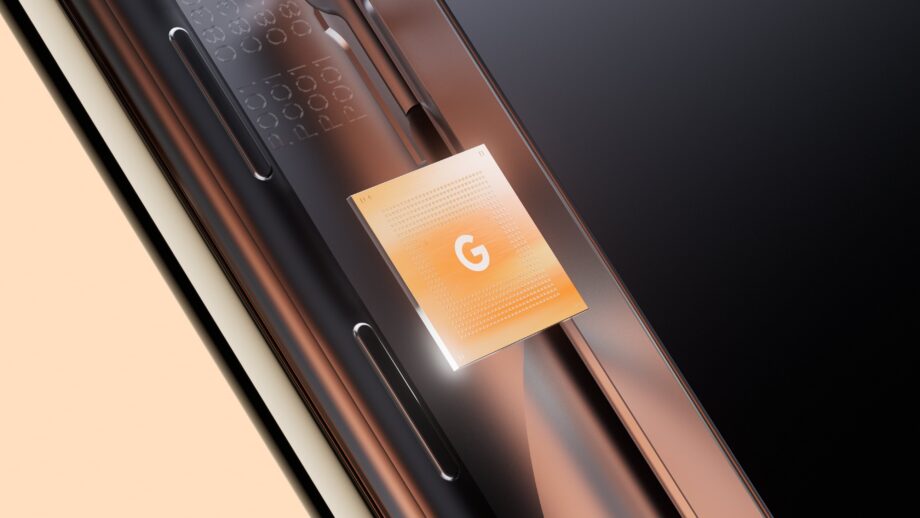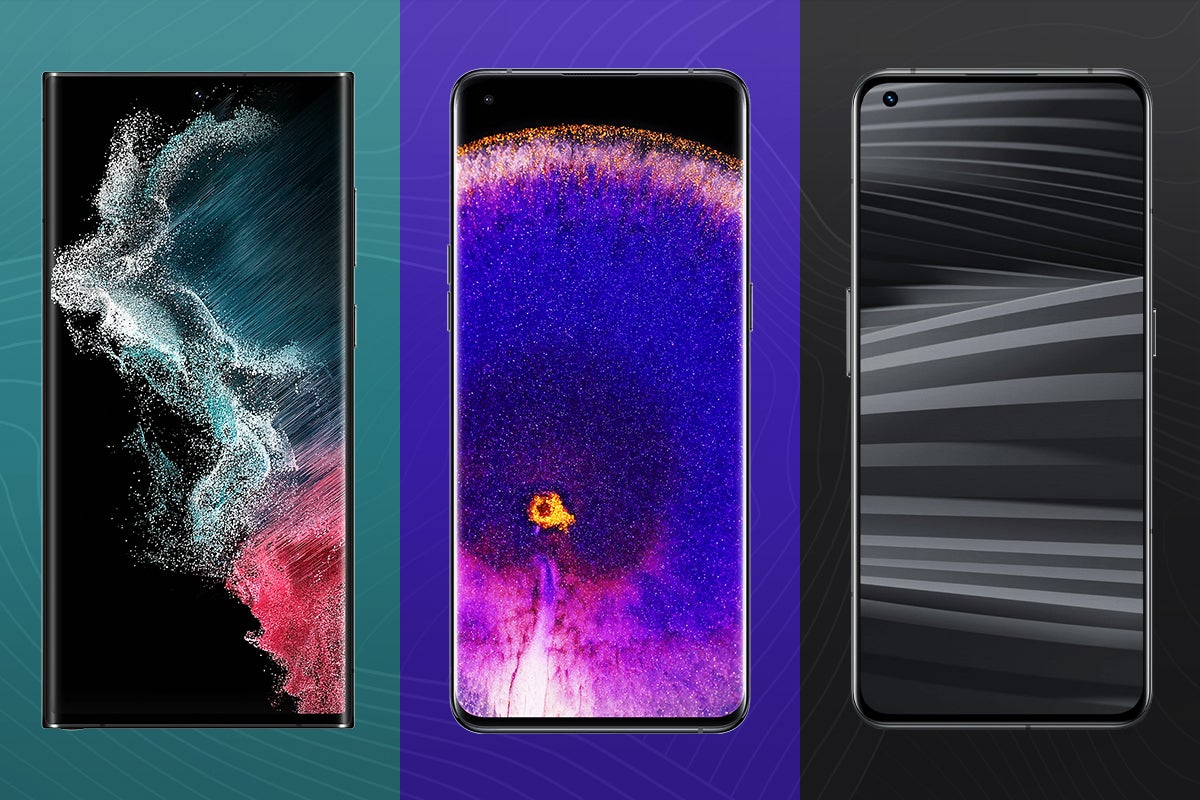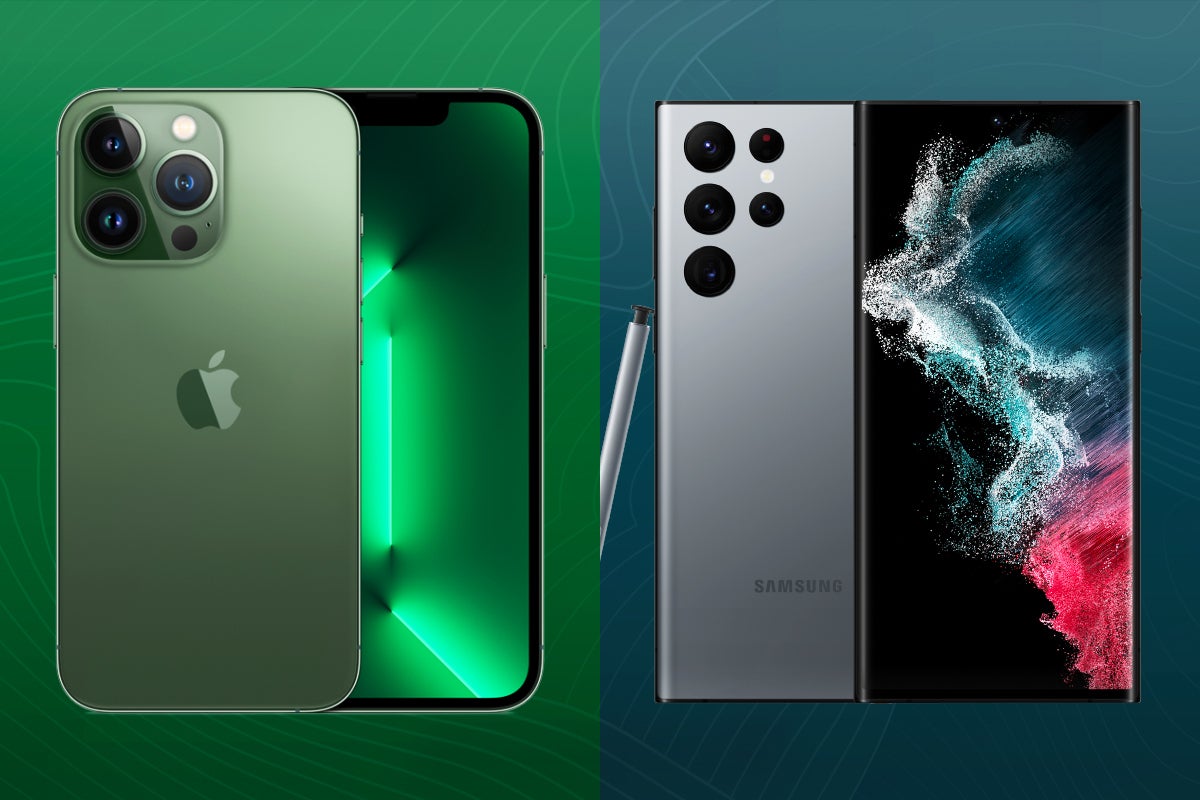Google made the Pixel 6’s Tensor because ‘no one else was keeping up’

Google claims it made the Tensor chip seen in its Pixel 6 and Pixel 6 Pro smartphones because other chip makers’ products aren’t good enough.
Google Product Manager, Monica Gupta made the claim during the firm’s Pixel Fall Launch live stream event while explaining the reason for developing Tensor, its first own-brand mobile chip.
“Mobile chips simply haven’t been able to keep pace with Google research and rather than wait for them to catch up, we made our own,” she said during the live stream.
“Every aspect of Tensor is designed to run Google’s ML (machine learning) models […] We built our chips on where ML models are heading, not where they are.”
The Tensor chip was unveiled earlier in October when Google unceremoniously revealed the Pixel 6 on Twitter. It’s built using the same Arm architecture as Apple A-series and Qualcomm’s Snapdragon chips.
But according to Google, the chip is optimised for its own AI tech, an area Google Senior Vice President, Rick Osterloh says the firm has been held back for years by competing chipmakers.
“Tensor, a mobile soc built around our ambient computing vision and AI […] With Tensor we can pursue our own vision for smartphones,” he said.
“The tensor chip is specifically designed to offer Google’s biggest advances in AI on a mobile device. This is an area we’ve been held back for years.”
Google hasn’t revealed the chip’s full specs outside of the fact it key features like a dedicated security core and Titan M2 chip, which Google claims makes it the most secure system seen on a Pixel.
Google’s Gupta said the chip has been designed to better deal with real world situations using a Heterogeneous computing model. This is where a chip focuses on using multiple cores to deal with workloads, rather than each core’s clock speed.
“We ensure different systems work well together rather than peak speeds. Peak speeds look good in benchmarks but they don’t reflect real world experiences,” she said.
This is apparently why the device can offer key features including real time language translations, better camera processing and better power efficiency than past Pixels.
The Tensor chip will debut on the Pixel 6 and Pixel 6 Pro when the new Google flagships launch on 28 October. We haven’t had either phone long enough to offer a final verdict on them, but you can check out Deputy Editor Max Parker’s opening impressions in his hands-on Pixel review 6 and Pixel 6 Pro review.
We’ll update both pieces with our final verdict when we feel we’ve had enough time with the devices to properly score them.
The news comes after Qualcomm, which has traditionally provided top-end Android phone’s silicon. The firm marketed its AI research and capabilities as a key selling point for its latest Snapdragon 888 chip. We’ve contacted Qualcomm for comment on Google’s comments, but at the time of publishing hadn’t heard back.





